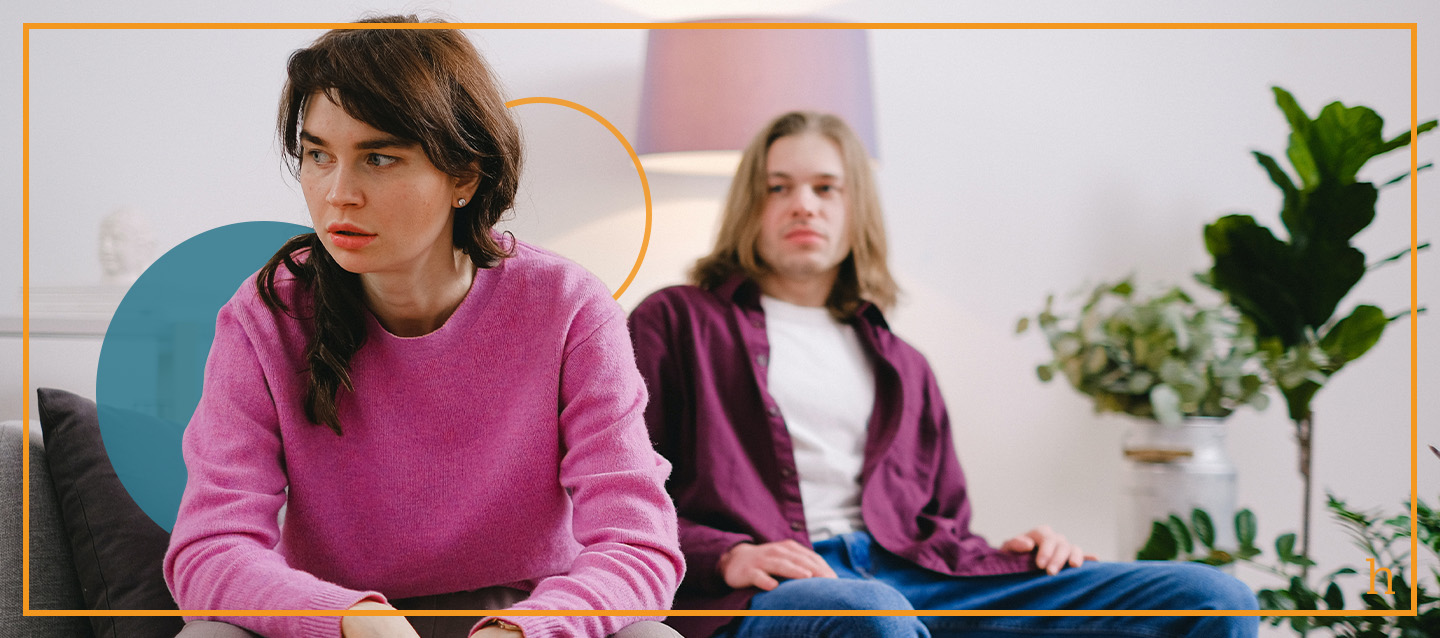Emotional addiction is a state where there is a dependency, as the name indicates, on some emotions – or more specifically, on the chemicals produced by the brain when particular emotions are triggered, better referred to as “hit emotions.” This chemical reaction to certain emotions gives our brain a similar “reward” feeling to the one it gets when using drugs.
How can we identify emotional addiction?
When your life is stable do you try to disrupt things (AKA, you self-sabotage) by watching the news, picking fights in your relationships, gossiping, etc.?
When things feel calm do you tend to look for ways to generate a cortisol and adrenal spike within your system, even if the spike does not necessarily feel pleasant? (Stress, anger, and frustration as emotions one can be addicted to).
If you’re always in a state of (or seeking out situations that lead to) drama and chaos, this is a good sign you struggle with some form of emotional addiction.
Why do some people have emotional addictions?
The reason why some of us might become addicted to certain emotions is the same reason why a person might become addicted to a substance or a behavior like sex or gambling: for comfort, release, reassurance, distraction, or escapism.
If we grew up in homes where lack of stability, chaos, and being in a constant fight or flight state was the norm, safe, healthy, and connected relationships might feel boring and even scary. Our bodies and minds learn to make crisis and chaos their home. Our brain becomes addicted to the adrenaline and cortisol spikes released in these types of situations. Unconsciously, we learn to need “hits” of strong emotions to feel alive even if these are “negative emotions” or emotions that bring us suffering and discomfort. This is why crises tend to make some people feel good or even needed – they provide a distraction from deeper unresolved feelings and trauma, and it is a familiar way to connect with people, typically learned in childhood. Because connection with family members only happened through crisis and drama, these people will seek adult relationships and careers that mimic these same emotional patterns.
People who were raised with cycles of emotional addiction might feel repelled, bored or unattracted to safe and stable relationships (because it feels unfamiliar, and unfamiliar equals scary). Our bodies gravitate towards what feels familiar (because familiar equals safety), so we might actively look for emotions, people, or experiences that trigger those familiar, albeit negative, feelings to find said comfort, release, reassurance, or, escapism.
How to heal from emotional addiction:
- Practice self-awareness
Begin by observing how you feel around stability and safety. Is it triggering? Do you tend to self-sabotage by picking fights with your partner or family members?
- Be compassionate, gentle, and patient with yourself.
Unlearning patterns is a process that takes time, and that is okay.
- Set boundaries with people, situations, or places that trigger adrenaline and cortisol spikes.
This can look like removing yourself from relationships or places that feed this cycle of addiction, which can be difficult, but necessary to break free.
The constant rush of adrenaline and cortisol can not only harm our health but also ultimately robs us of peace. Recognizing what emotional addiction looks like is the first step to healing from it. Remember, you are worthy and deserving of a peaceful, slow, safe, and nourishing life that is free from chronic chaos.

